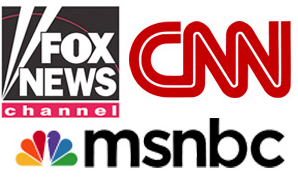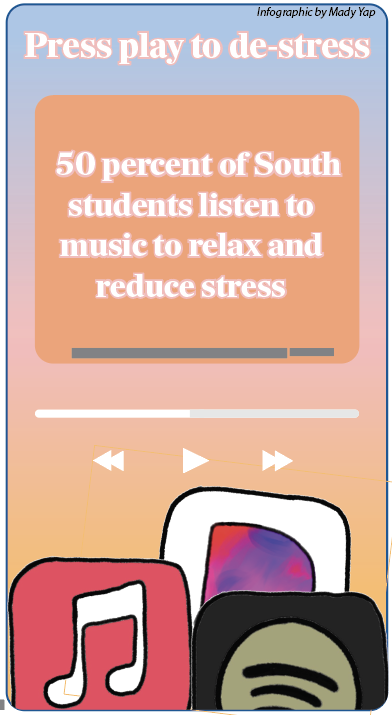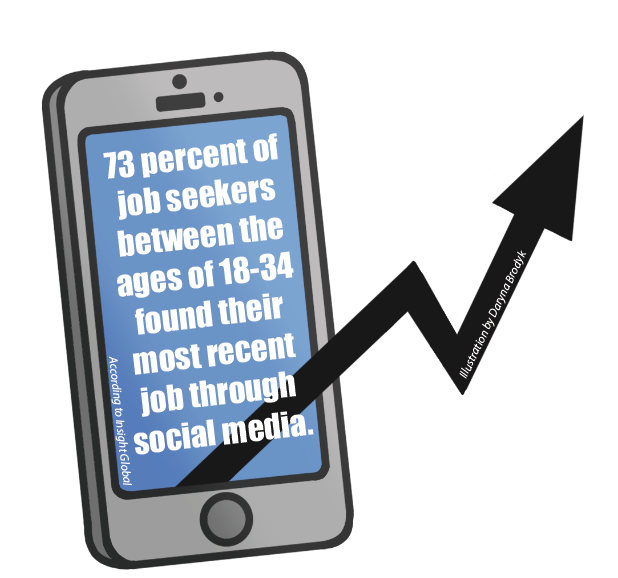Information about our home, the U.S., and the world is fed to us by whatever news channel we flip on. We have an array of choices: CNN, MSNBC or Fox. But what if the channel we’re choosing is providing us with more than just the news?
Partisan politics have a strong hold over the national media outlets in which our society relies. Media bias has become a prevalent part of modern news. We need to be aware of this polarization of media outlets and take every report with a grain of salt.
News has become an entertainment format. Some media outlets are tilted very left or right politically so therefore what channel you watch will influence how you perceive a story. The liberal MSNBC and the conservative Fox may be reporting on the same material but the strategy and analysis are tainted in polar opposite colors.
In 1949, the problem of media bias was addressed through the Fairness Doctrine, a policy established to ensure that media coverage was fair and balanced. However, the end result was a pointless ping pong game of conflicting ideas. The repeal of the Fairness Doctrine in 1987 set the stage for Fox and MSNBC to broadcast news fueled by opinion.
In November, Obama issued an executive action statement on immigration. I reviewed the coverage from both MSNBC and Fox and the differences were blatantly obvious. The first minutes of the Fox coverage consisted of pointing out the hypocrisy of Obama’s executive action, as they noted he had dismissed the idea earlier in the year. Sean Hannity, a Fox host, referred to Obama as “our emperor in chief” as he asked his predetermined first question of whether or not the president acted in an unlawful way based on his own words regarding executive action.
Meanwhile, Rachel Maddow, a MSNBC host, dedicated her show to looking at the history of immigration law and the ineffectiveness of congressional republicans in passing immigration reform. She later welcomed Chris Hayes, another MSNBC host, to her show to discuss the topic. Well, what I’d like to see is Rachel Maddow and Sean Hannity examine the news together. I’d like to see some real political debate over facts rather than passionate opinions.
The media has never been a level playing field. Some may argue that traditionally CBS, NBC, and ABC have liberal views and that the breakthrough of conservative talk radio shows such as Rush Limbaugh’s was a balancing act. However, major networks like NBC are intermediaries between the strongly politically affiliated Fox and MSNBC. Nevertheless, there is no media outlet that gives the news without a hidden agenda. That’s just the world we live in. Thus, it’s the job of the viewer to intelligently consume news.
According to WGN-TV news anchor, Mark Suppelsa, these networks facilitate a lack of understanding of the other side and they “cheerlead [their viewers] into a hardened position.”
“It’s up to the viewer to do his or her due diligence and pay attention to what everybody does,” Suppelsa said. “It’s okay to have a hard opinion about something, but what I think we’ve lost is tolerance to listen to the other side because we’ve got somebody on TV telling us, with a grimaced face and a loud voice, that the other side is stupid.”
According to Cass Sunstein, reporter for The Morning Call newspaper, in 2004, a Democrat was no more likely than a Republican to watch MSNBC. By 2008, a Democrat was 20 percentage points more likely to watch MSNBC. In 2004, a Republican was only 11 points more likely than a Democrat to watch Fox. By 2008, that gap widened to more than 30 points. The individual watching Sean Hannity bash President Obama agrees with him. The individual watching Rachel Maddow praise President Obama agrees with her. We aren’t challenging our beliefs; we’re merely reinforcing them.
The political polarization of citizens is a manifestation of mainstream media. We listen to the side we agree with. We don’t need to be fed our opinions by a representative of one single group. The American public is not dumb; we can form our own positions. Knowing that media outlets have agendas, we have to be willing to spread ourselves wider than one network. Only when we hear both opinions will we be able to clarify the story and its significance. If you’re only getting your information from one source, you’re getting half the story.








